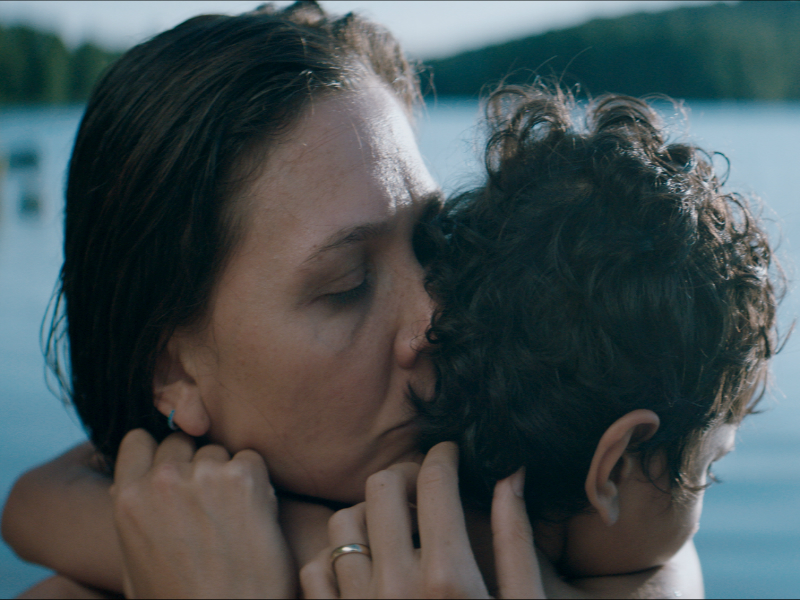In 2014, when Nadav Lapid’s The Kindergarten Teacher was released, it was quickly heralded as the promising young Israeli director’s best work yet. The film follows, yes, a kindergarten teacher – melancholic in her ineptitude at writing poetry, despite her deep appreciation for the art – who becomes, in turn, fascinated and then obsessed with a five-year-old student of hers, who effortlessly whips up staggering poems every day.

I saw the film with my dad a few months ago, after interviewing Lapid for these pages. The Toronto International Film Festival had brought him in for a small retrospective in advance of the festival, where a remake of The Kindergarten Teacher, starring Maggie Gyllenhaal, would première.
As we walked out of the theatre, my dad, who was raised in Israel, told me flatly that it hadn’t felt like an Israeli film. It was too quiet, too observational. “It’s a French film,” he told me. When I informed him Lapid began studying film while living among art-house friends in Paris – he basically learned the language through French cinema – everything clicked.
The remake, directed by Sara Colangelo and launched on Netflix on Oct. 18, is distinctly neither French nor Israeli. It’s very American – which isn’t to say it’s bad. It has a tight, indie feel, tinted azure and emerald, with close-up Steadicam shots and lots of Gyllenhaal staring vacantly out windows. While it lags a bit in its final act, it’s still brisker than the original. (The Israeli version is two hours, while the remake is 90 minutes.)
What is gained in remaking this film for western audiences? For one, it’s proof that the core message transcends borders: “Talent is so fragile and so rare, and our culture does everything to crush it,” bemoans Gyllenhaal’s character, Lisa. “It’s a materialistic culture, and it doesn’t support art or language or observation…. No one has space for poetry.”
READ: A DEPRESSED CARTOON HORSE CAPTURED THE SPIRIT OF YOM KIPPUR
Gyllenhaal is as captivating as Sarit Larry was as Nira in the original – proof of the original script’s power. The remake, however, drifts more into her home life. Here, her son isn’t already in the army, as in the Israeli version. Instead, he’s drawn to joining the marines right out of high school, to “fight for oil in the desert,” as Lisa scolds. Her daughter, a straight-A student, would rather spend her free time smoking marijuana and gossiping over Instagram posts than reading poetry. Colangelo’s social critique – of both frustrated gen-Xers convinced of their opinions’ righteousness and of lazy millennials raised in privilege – is somehow more blunt and pointed at the same time.
Lisa is understandably frustrated by the banality of this “materialistic culture,” and we feel for her. She’s right, after all. Maybe not to the extent she thinks she is – she’s signed up for a continuing education class in poetry writing and is, frankly, not very good, and some of her desperation is a clear expression of her own creative flaccidity – but she’s right to mourn poetic appreciation, and Colangelo tries her best to convince the audience of the same.

There are other distinctions, too. Colangelo adds a racial tinge by making the prodigy a South Asian boy in 2018 America, and cuts most of his nanny’s role to that of a dumb babysitter instead of co-conspirator, as she is in the original.
Those changes point to the biggest difference between Lapid’s and Colangelo’s movies: one is European, one is American. That distinction speaks volumes. Lapid’s films are often slow burns, filled with much more silence and moral ambiguity. His kindergarten teacher’s life unravels more gradually, and only by the end does the depth of her obsession crystallize.
By contrast, Lisa’s journey seems almost unavoidable. Her repression is palpable from the outset, and the story of her precipitous decline lands with a gut punch of a finale that I won’t spoil here, but which makes Colangelo’s stance clear: indeed, there is no room for poetry in our world unless we forcibly make room for it.
